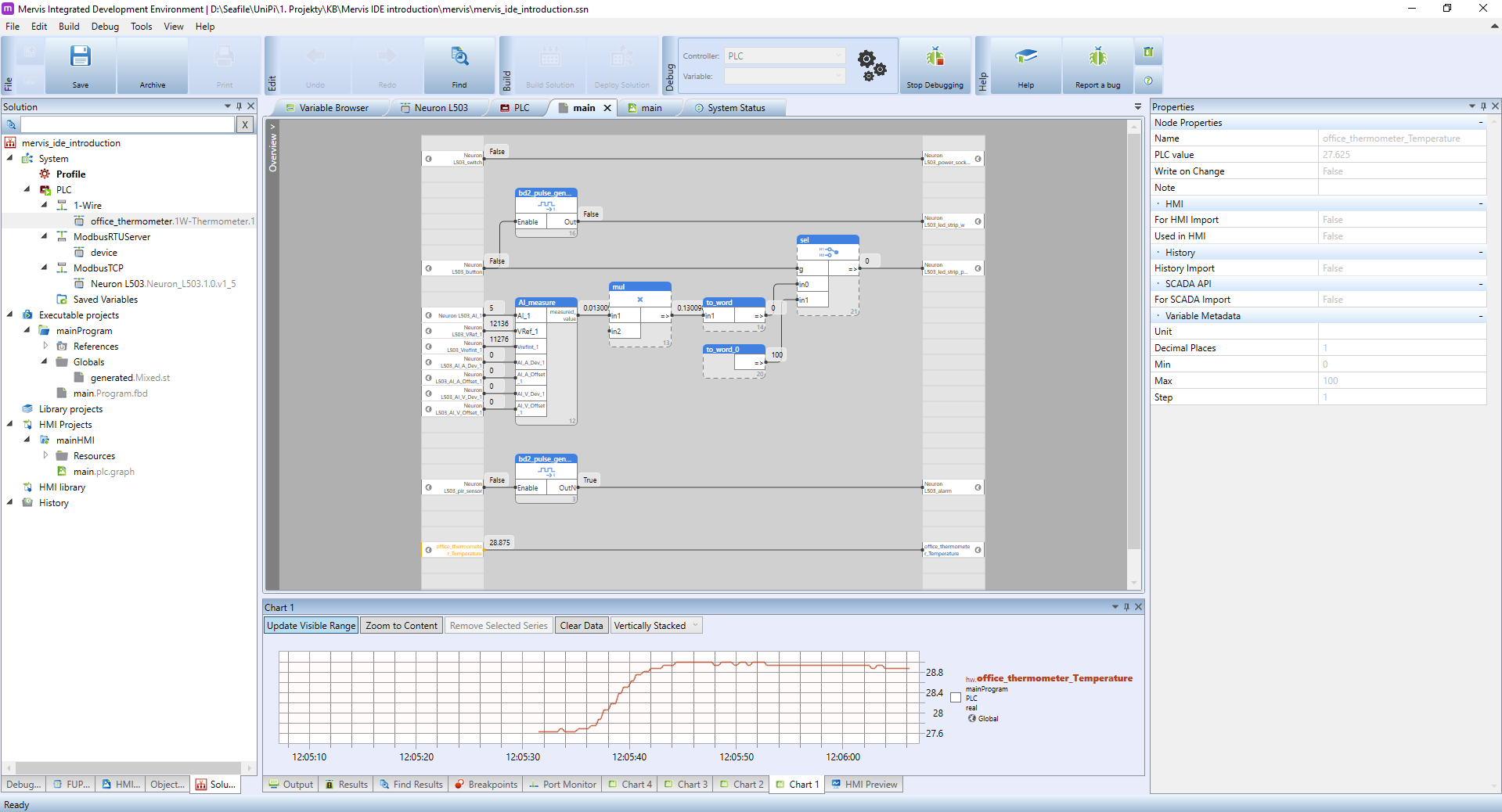
Mastering PLC Programming: Expert Tips and Tricks
In the realm of industrial automation, PLC (Programmable Logic Controller) programming stands as a cornerstone skill. As industries increasingly rely on automated processes for efficiency and precision, mastering PLC programming becomes essential for engineers and technicians alike. In this article, we delve into expert tips and tricks to help you elevate your PLC programming skills to the next level.
Understanding the Fundamentals
Before delving into advanced techniques, it’s crucial to have a solid understanding of the fundamentals of PLC programming. Familiarize yourself with ladder logic, the primary programming language used in PLCs, and understand how inputs, outputs, and logic functions interact within a PLC system. A strong foundation in the basics will serve as the bedrock for your journey towards mastery.
Optimizing Program Structure
Efficient program structure is key to creating maintainable and scalable PLC programs. Organize your code into logical sections and use descriptive names for variables and functions to enhance readability. Implement modular programming techniques to break down complex tasks into smaller, more manageable modules. This not only simplifies debugging and troubleshooting but also facilitates future modifications and expansions.
Utilizing Advanced Instructions
Explore the full range of instructions available in your PLC’s programming environment. Advanced instructions such as arithmetic, comparison, and data manipulation functions can streamline your code and enhance its functionality. Familiarize yourself with timers, counters, and data manipulation instructions to tackle complex control tasks with precision and efficiency.
Harnessing Data Handling Techniques
Effective data handling is essential for managing information within a PLC program. Utilize data tables and structures to organize and manipulate large datasets efficiently. Implement data logging and storage techniques to capture and analyze system data for diagnostic and optimization purposes. Leveraging advanced data handling techniques empowers you to build robust and scalable PLC applications.
Implementing Error Handling Strategies
In the world of automation, errors are inevitable. Implementing robust error handling strategies is essential to ensure the reliability and safety of PLC-controlled systems. Use error detection mechanisms such as parity checks and checksums to validate data integrity. Implement fault-tolerant programming techniques to gracefully handle unexpected situations and minimize downtime.
Embracing Modular Design Principles
Modular design principles play a crucial role in creating flexible and maintainable PLC programs. Divide your program into reusable modules that encapsulate specific functionalities. This allows for easier testing, debugging, and troubleshooting of individual components. Embrace the concept of “plug-and-play” modules that can be easily integrated into different projects, saving time and effort in the development process.
Optimizing Performance and Efficiency
Efficiency is paramount in industrial automation systems. Optimize your PLC programs for performance by minimizing scan times and reducing resource usage. Utilize efficient programming techniques such as asynchronous processing and interrupt-driven logic to maximize system responsiveness. Fine-tune your code to minimize unnecessary calculations and streamline execution paths for optimal performance.
Staying Updated with Industry Trends
The field of industrial automation is constantly evolving, with new technologies and methodologies emerging regularly. Stay updated with the latest industry trends, advancements, and best practices in PLC programming. Attend workshops, conferences, and training programs to expand your knowledge and skills. Engage with online communities and forums to exchange ideas and learn from fellow professionals in the field.
Continuous Learning and Improvement
Mastering PLC programming is a journey that requires continuous learning and improvement. Experiment with new techniques, explore different programming languages, and seek feedback from peers and mentors to refine your skills. Embrace challenges as opportunities for growth and never stop pushing the boundaries of your knowledge and expertise.
Conclusion
Mastering PLC programming requires dedication, practice, and a commitment to lifelong learning. By understanding the fundamentals, optimizing program structure, harnessing advanced techniques, and staying updated with industry trends, you can elevate your skills to new heights. Embrace the journey towards mastery and unleash the full potential of PLC programming in industrial automation. Read more about plc programming tips

